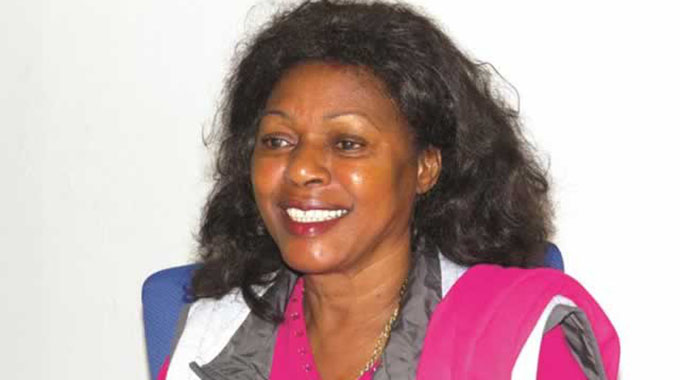Poverty has the face of a woman
national gender policy. The meeting was also meant to look at ways to enhance the second national gender policy which is expected to be implemented by 2017.
During the deliberations that took centre stage, participants to this validation workshop applauded some of the achievements that have been made since 2004, national gender policy during its eight-year implementation period.
They noted that within that implementation period, quite a number of achievements were recorded and the results were there for every one to see. Some of the achievements were the passing of a number of legislative pieces to operationalise the gender policy itself, fundamental changes and mindsets that resulted in the creation of a separate ministry responsible for gender and women’s affairs.
The same period also saw the development and launch of the framework for broad-based women’s economic empowerment, which has largely remained a white elephant and has not been fully implemented, let alone benefit the majority of people.
In her speech, the Minister of Women’s Affairs, Gender and Community Development, Cde Olivia Muchena, said although the country was working on the second national gender policy to address emerging issues as a result of changing political, economic and social contexts locally and across the globe, women’s empowerment remained a contentious issue.
“Patriarchal norms and attitudes constitute major barriers to women’s empowerment and the feminisation of poverty remains an area of concern,” she said.
I couldn’t have agreed with Cde Muchena more, having witnessed the levels of poverty among the generality of women, who are confronted with a myriad of challenges on a daily basis, making it practically impossible for the majority to break off from this vicious cycle.
While women civic organisations and other like-minded people have tried to elevate the economic standing of women by coming up with different projects and income generating projects to empower them, the progress has been quite insignificant.
Women constitute the huge percentage of people who are unemployed with the majority living below the poverty datum line, be it in the cities or in rural areas. Because of lack of education, limited employment opportunities and their inability to access funding to start income generating projects of note, they are badly disadvantaged and often have to resort to the end of the ladder means of survival to put food on the table.
If you walk around any part of the city — anywhere in the country, visit any border post or walk across any open space anywhere where vending activities take centre stage, you are confronted by hordes of women, selling all sorts of wares from toothpicks to any saleable item you can think of. On the other side of town, the majority of women would also be busy doing all sorts of menial jobs, while others have become daring enough to join syndicates of contraband dealings of cigarettes and drugs in neighbouring countries.
The situation is even worse in the rural areas where women work downstream, fishing, brick moulding, gold panning, weeding, fetching riverbed water (mvura yemufuku) and still have the dexterity and temerity to manage a household with little or no resources.
The burden to keep afloat in light of such a hostile environment becomes unbearable for the majority of women who continue to labour right into the grave.
In addition to economic factors, where women fail to get financial assistance from banks and other financial institutions due to lack of collateral, the rigidity of socially ascribed gender roles and women’s limited access to power, education, training and productive resources as well as other emerging factors such as domestic violence further increase women’s woes.
The reasonable portion of enlightened women who have fought their way to the top will attest that it is also not rosy up there because they also have to battle with boardroom politics and coup d`etat from their male colleagues, who often perceive them as incompetent and products of all forms of affirmative actions including sleeping their way to the top.
Even in parts of society where education and economic empowerment are accepted and promoted, women are expected to perform majority of household chores, leaving them with little or no time to meet up with the “girls” to strategise, like what men do over a tot of whisky and a glass of beer, in some fancy club house, away from the household madness.
Given such kind of environment, where women naturally would have to compete with the “boys club” to clinch big deals like mining concessions, diamond ventures, and tenders to construct the multi-million dollar shopping complexes, where then are women’s chances of breaking the cycle of poverty?
It is within that background that the stakeholders on women empowerment should stop paying lip service to women’s problems but instead expedite the implementation of existing empowerment vehicles for women.
I have often said the country boasts of numerous empowerment vehicles that were crafted by technocrats with the support of the Government, but they continue to gather dust instead of being implemented for the benefit of the majority.
Anywhere in the world, it is an undisputable fact that women are key to food security and agriculture; essential players in the promotion of the rights of the child; major actors in health care provision and peace makers in times of conflict. The nature of a woman also places her on a better pedestal in society as she serves as a role model both to the child and the society as mother and wife respectively. Yes, poverty has remained with the face of a woman, but sadly though, the features have not been frightening enough to warrant any immediacy on the part of our policymakers.







Comments